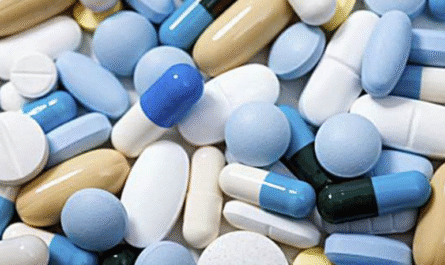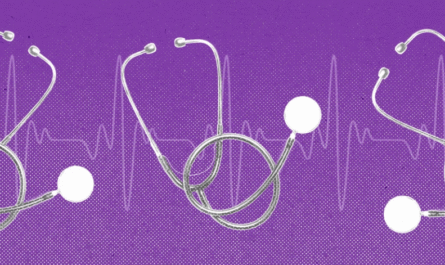Coffee is one of the most widely consumed beverages around the world. Loved for its rich flavor and energizing effects, it’s a morning ritual for millions. But for those watching their health, especially blood pressure, the question often arises: What exactly does coffee do to your blood pressure?
Let’s dive into the science behind this popular brew and how it affects your cardiovascular system.
☕ The Caffeine Connection
The key component in coffee that affects blood pressure is caffeine — a natural stimulant that can have both short-term and long-term effects on the body.
When you drink coffee, caffeine stimulates your central nervous system, prompting the adrenal glands to release more adrenaline. This can lead to:
- Increased heart rate
- Narrowing of blood vessels
- Temporary rise in blood pressure
This is why some people may feel a slight jolt or increased alertness after a cup of coffee.
📈 Short-Term Effects on Blood Pressure
Research shows that blood pressure typically spikes within 30 minutes to an hour after consuming coffee, especially in individuals who are not regular coffee drinkers. This increase can last for 1–3 hours, depending on sensitivity, metabolism, and overall health.
For example:
- Systolic pressure (the top number) can rise by 5 to 15 mm Hg.
- Diastolic pressure (the bottom number) may also see a small bump.
However, this spike is usually temporary.
What Happens to Your Blood Pressure When You Drink Coffee.
☑️ What About Long-Term Coffee Drinkers?
Interestingly, regular coffee drinkers tend to develop a tolerance to caffeine. Over time, their bodies adapt, and the blood pressure response becomes less pronounced or even negligible.
Long-term studies suggest:
- Moderate coffee consumption (2–3 cups a day) is generally safe for most people, including those with high blood pressure.
- Some studies even indicate that coffee may have heart-protective benefits, thanks to its antioxidants and anti-inflammatory compounds.
⚠️ Who Should Be Cautious?
Certain individuals should be more careful with their caffeine intake:
- People with uncontrolled hypertension: If your blood pressure is consistently high, caffeine might make it worse temporarily.
- People sensitive to caffeine: Some people metabolize caffeine slowly, leading to prolonged stimulation and higher blood pressure levels.
- Pregnant women: High caffeine intake can affect not just blood pressure but also fetal development.
In such cases, it’s wise to limit coffee to one cup per day or switch to decaf.
✅ Tips for Coffee Lovers with High Blood Pressure
If you’re concerned about coffee and your blood pressure, here are some practical tips:
- Monitor your response: Use a home blood pressure monitor to track changes after drinking coffee.
- Choose lower-caffeine options: Try light roast coffee, which often contains slightly less caffeine.
- Switch to decaf: You’ll still get the flavor without the stimulant effect.
- Avoid sugary add-ons: Sugar and cream can add calories and may contribute to other health issues.
🧠 Final Thoughts
In moderation, coffee is generally safe for most people — even those with high blood pressure. While it may cause a temporary rise in blood pressure, this effect is usually mild and short-lived, especially in habitual drinkers. The key is to listen to your body, monitor your numbers, and talk to your healthcare provider if you have any concerns.



